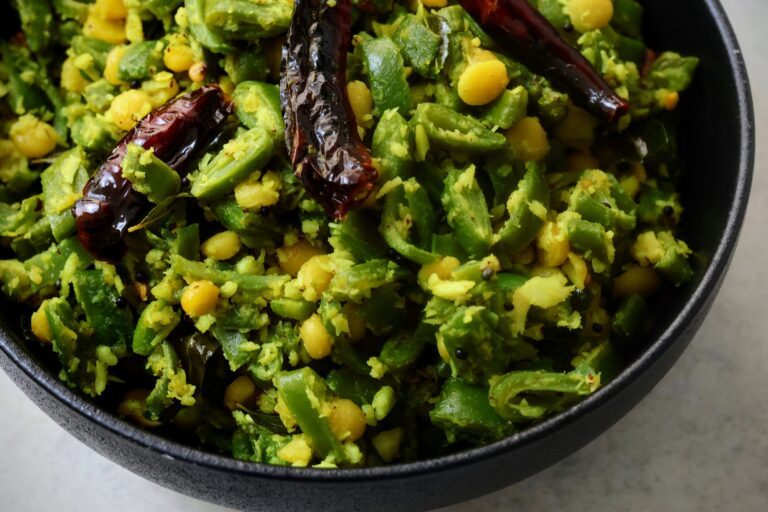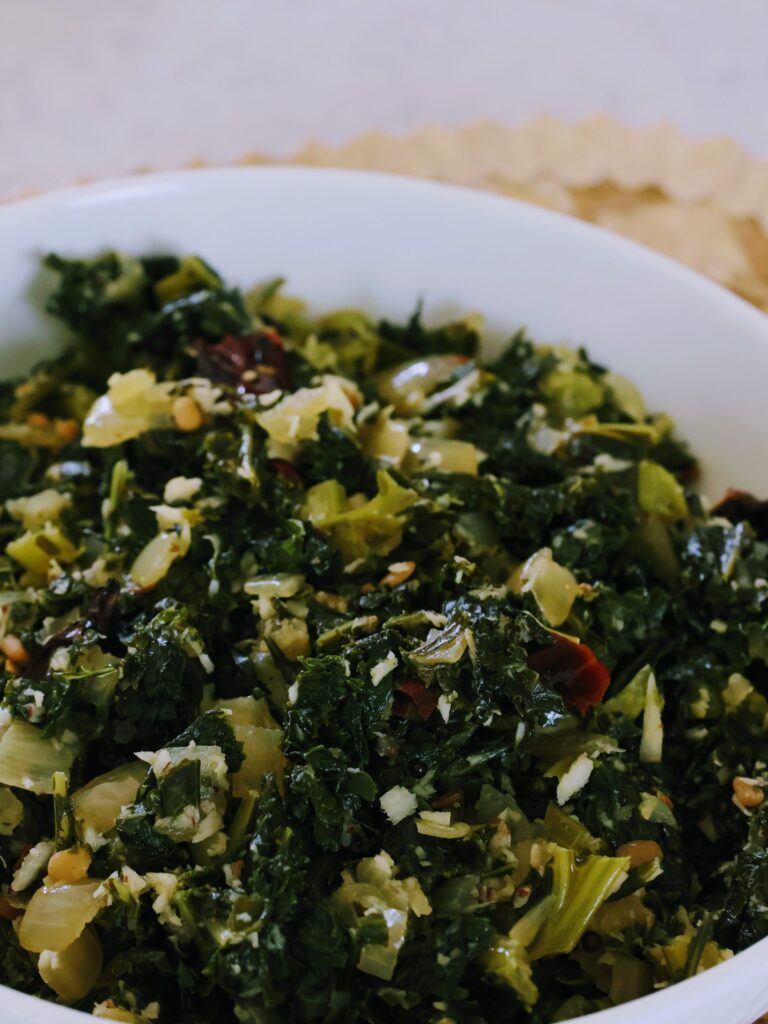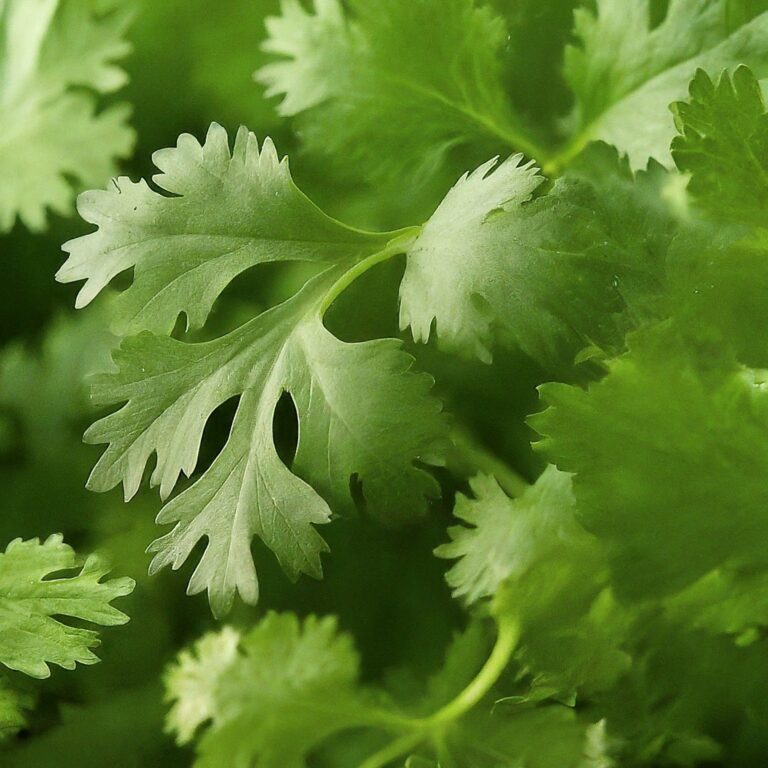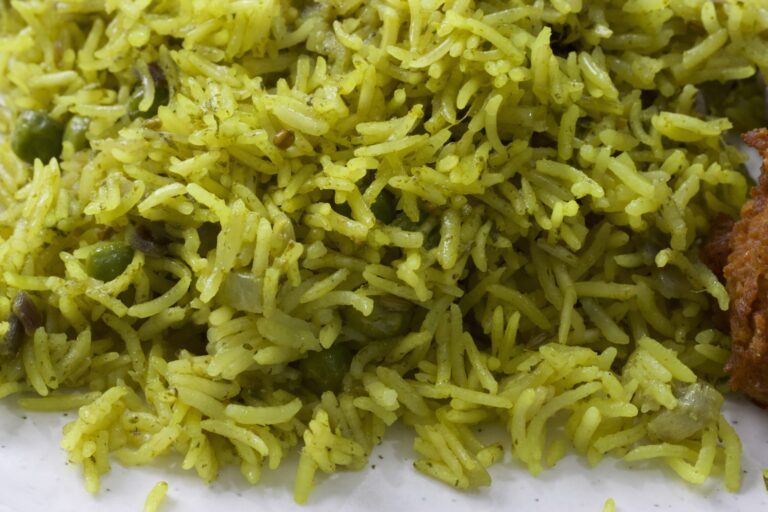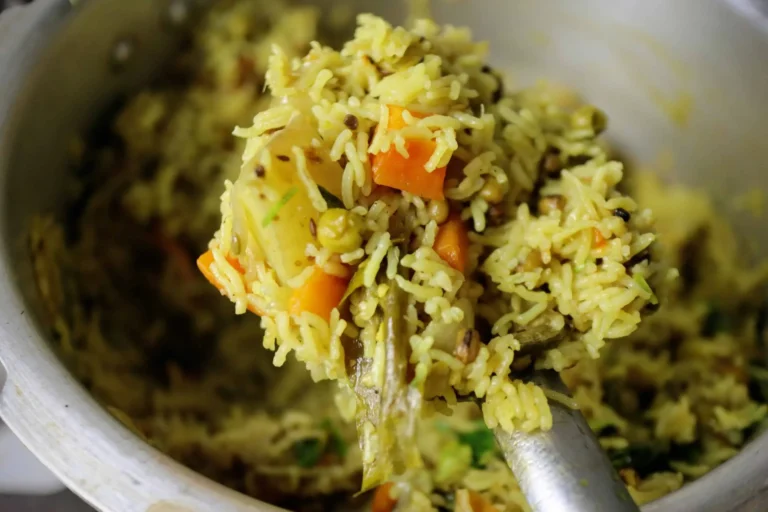Is Canned Coconut Milk Gluten Free?
Yes, both coconut milk and full-fat canned coconut milk are 100% naturally gluten-free.
As a recipe developer focused on allergy-friendly and gluten-free diet cooking, I get the question “is canned coconut milk gluten free?” all the time. And I’m thrilled to say that the answer is a resounding yes! Pure coconut milk is completely naturally gluten-free too if you are wondering and safe for those with celiac disease, gluten intolerance or related gluten-related disorders.
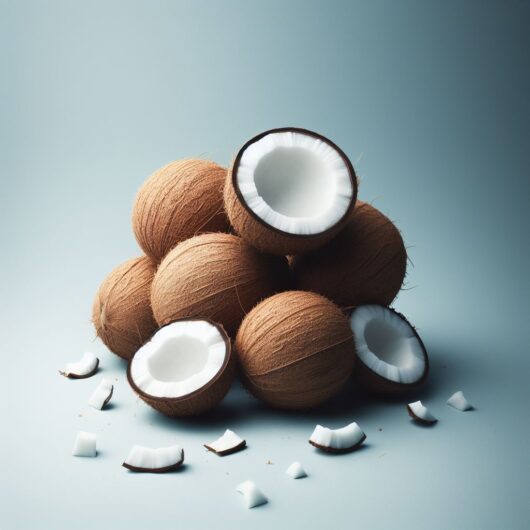
Coconut milk is made by blending the coconut flesh and liquid from mature coconuts with water to create a lusciously creamy texture and subtly sweet dairy milk alternative. No gluten-containing grains like wheat, barley or rye are used. So you can relax with coconut milk recipes whether sipping piña coladas or whipping up gluten free curry dishes without worrying about a reaction.
Why Coconut Milk is Part of a Gluten Free Diet

Gluten refers to proteins found in cereal grains like wheat. Since coconuts are tree nuts and not grains, regular coconut milk has no exposure to gluten sources. Here’s a quick rundown confirming why it makes the list for a gluten-free product:
✅ Naturally gluten-free – coconuts and coconut meat contain no gluten proteins at all
✅ Not grain-derived – unlike almond or rice milk, it doesn’t use potentially gluten-contaminated grains
✅ No cross-contamination – processing in dedicated coconut milk facilities prevent risk of cross-contamination
✅ No added ingredients – pure canned versions don’t have questionable thickeners or preservatives
So when you see the ingredients list of canned or carton coconut milk, you can trust it’ll be 100% gluten-free every time if they are made by mindful brands. Of course, anyone managing celiac disease should always double check food labels and ingredient selections for potential cross-contamination. But generally major brands producing canned coconut milk avoid issues with wheat or other grains during processing.
Tips for Choosing Gluten Free Coconut Milk from Stores
While pure fat-rich canned coconut milk is a dairy-free, gluten-free, plant-based diet choice, be aware that thinner coconut milk beverages may contain additives that introduce gluten.
Here are some tips for picking guaranteed GF coconut milk:
✔️ Check ingredient labels closely – pure coconut milk contains water + coconut only
✔️ Avoid coconut milk powder which contains anti-caking wheat ingredients to improve shelf life
✔️ Select certified gluten-free brands if you have celiac disease
✔️ Avoid buying “light” coconut milk which contains more added water. Better to buy the full fat or “thick” coconut milk version and water it down if you prefer thin milk.
✔️ Consult the discussion threads on Celiac.com where users talk about the safest brands of coconut milk without gluten. GFCO’s webpage can also be used to determine whether a specific brand has received gluten-free certification. It might not function with every product, and you should check out the Safety Alerts area.
How to Make Your Own Coconut Milk from Scratch
While buying canned coconut milk from the store is certainly convenient, some people prefer making their own for ultimate freshness and control over ingredients.
Luckily, extracting coconut milk at home with just fresh mature coconuts and water takes minimal time. Here’s a quick overview:
Ingredients
- 4 cups unsweetened shredded or grated coconut meat or flakes. You can use small coconut chunks as well
- 4 cups warm water
Equipment
- You will need a high speed blender for this. Food processor just will not cut it.
- Fine strainer or muslin cloth or cheese cloth
Process
- Grate coconut flesh with a box grater or cut them into small chunks.
- Now use a high speed blender to finely blend it after adding 1 cup warm water
- Line a sieve with cheesecloth and strain the coconut liquid into a bowl, squeezing cheesecloth to release more milk. This will form the first milk (or 1st extract) which is thick and creamy. Store this thick coconut milk in a bowl.
- Now collect the coconut grates from the strainer, muslin cloth or cheesecloth and add it back into the blender. Add 1 – 1½ warm water to it and blend again on high speed for 2 minutes.
- Line a sieve with a fine strainer or muslin cloth or cheesecloth and strain the coconut liquid into a bowl, squeezing cheesecloth to release more milk. This will become the 2nd extract or thin milk. Collect this in another bowl.
- You can make 3rd extract by repeating the above steps and this will be be thinner than 2nd extract. You may choose to combine the 2nd and 3rd extracts and use them for curries, smoothies or baking needs.
- If you don’t plan to use them straightaway, you can refrigerate all the extracts and they will keep well for 3-4 days.
Coconut Milk vs Coconut Cream – What’s the difference?
Some of you may be thinking now, what the main differences between coconut milk and coconut cream are. Here they are:
- Fat content – Coconut cream contains more fat and less water than coconut milk, making it thicker, richer and more concentrated in flavour. Coconut milk has a higher water content.
- Making – Coconut milk is extracted from mature coconuts and simply diluted with water. Coconut cream is made by skimming off the thick creamy top layer of chilled coconut milk, leaving the thin watery liquid behind.
- Use in cooking – Coconut cream is ideal for thickening sauces or curries, desserts like whipped coconut topping, vegan frostings and more. Coconut milk has a lighter consistency used in soups, drinks, oatmeal. Coconut milk is used for making Indian curries as well.
- Layer separation – Full-fat canned coconut milk naturally separates into solid cream topping a thinner milk layer. Coconut cream keeps an ultra-thick homogenous texture when stored.
- Taste and texture – Coconut cream has a more intensely fatty, rich and velvety smooth texture and coconut flavour. Coconut milk is lighter bodied with a subtly sweet taste.
The Many Health Benefits of Coconut Milk
What other health benefits come with consuming pure coconut milk, given that we know it doesn’t contain gluten? The many health advantages of coconuts and the ingredients in coconut milk astound me, and I’ve often puzzled why more people don’t know about this incredibly nourishing beverage. Let’s take a closer look:
1. Contains healthy fats. Coconut meat is a stellar source of medium-chain triglycerides (MCTs), lauric acid and caprylic acid – beneficial fats shown to boost energy, enhance weight loss, and improve cholesterol levels and gut health.
2. Works as natural electrolytes. The potassium, calcium, sodium, and magnesium in coconut milk generates an isotonic beverage that promotes hydration and replenishes the body post-exercise.
3. Lifted immunity. With high amounts of key minerals plus some vitamin C and numerous antioxidants, coconut milk strengthens the immune system to help fight infections and illness.
4. Prebiotic properties. As a nice probiotic source feeding good gut bacteria, coconut milk aids digestion, decreases inflammation and supports better absorption of nutrients.
5. Anti-aging effects. Vitamins C and E in coconut milk combat oxidative damage from free radicals to slow aging of skin cells and muscle tissues throughout the body. Beautiful!
Coconut Water – How healthy is it?
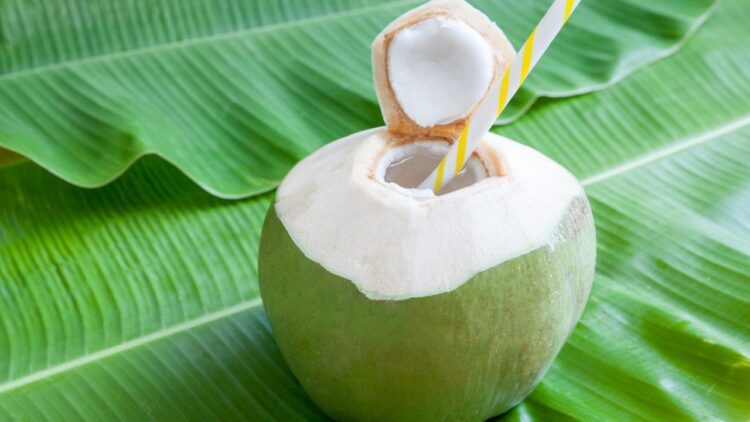
We have discussed coconut milk and coconut cream thus far. Since coconut water is the most widely accessible of all the coconut products, we should also consider making it a part of our health regimen. The following are a few of coconut water’s main health advantages:
- Hydration – Coconut water is 95% water and rich in electrolytes like potassium, sodium and chloride. This makes it a great natural sports drink for replenishing hydration.
- Kidney health – Studies show coconut water improves hydration levels, reduces kidney damage and lowers risk of kidney stones. Its nutrients help flush toxins from the urinary tract.
- Cardiovascular health – The potassium in coconut water helps balance sodium levels to reduce blood pressure and heart disease risk. Its anti-inflammatory properties also benefit the heart.
- Diabetes management – Coconut water contains beneficial fiber and amino acids shown to improve blood sugar control, insulin sensitivity and antioxidant status in animal models of diabetes.
- Digestive support – The electrolytes, fiber and enzymes in coconut water serve as nice prebiotics to foster healthy gut bacteria and relieve constipation, IBS and acid reflux symptoms.
- Boosts immunity – Antioxidants like vitamin C, amino acids and minerals like zinc in coconut water enhance immune cell function to prevent infections.
- Anti-aging properties – Cytokinins in coconut water showed anti-aging effects on human cells in vitro, slowing the growth of cancerous tumors and preventing thrombosis formation.
Coconut Milk recipes
Feel free to check out our coconut based recipes below
So hopefully this guide helps explain the myriads of health benefits and why coconut milk is considered gluten free! Let me know in the comments if you have any other food allergen questions I can answer. In the meantime, enjoy experimenting with coconut milk as a super versatile gluten-free staple! I also love to use other coconut based derivatives such as coconut oil and grated coconut in my kitchen.
Read on your Mobile?
Scan the QR code below to continue reading on your mobile device

Discover more from The Kitchen Code
Subscribe to get the latest posts sent to your email.


